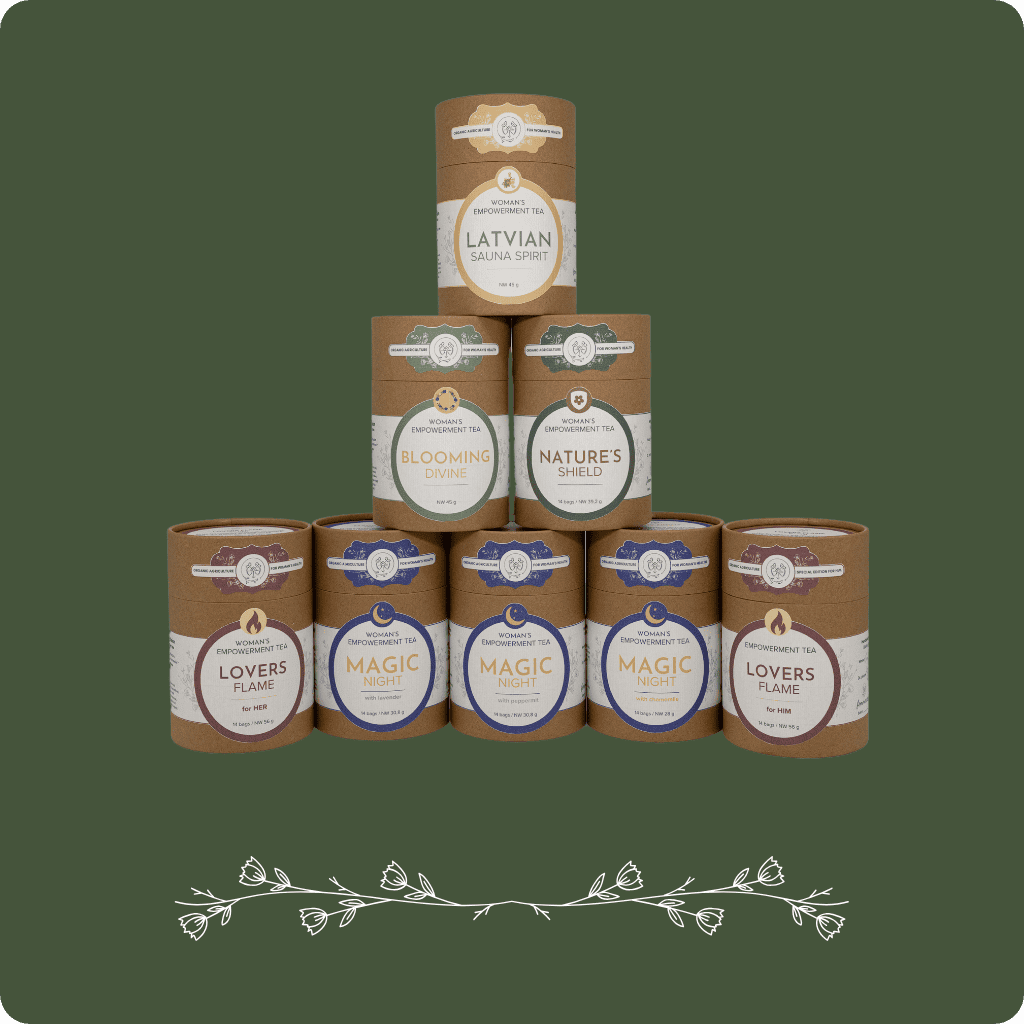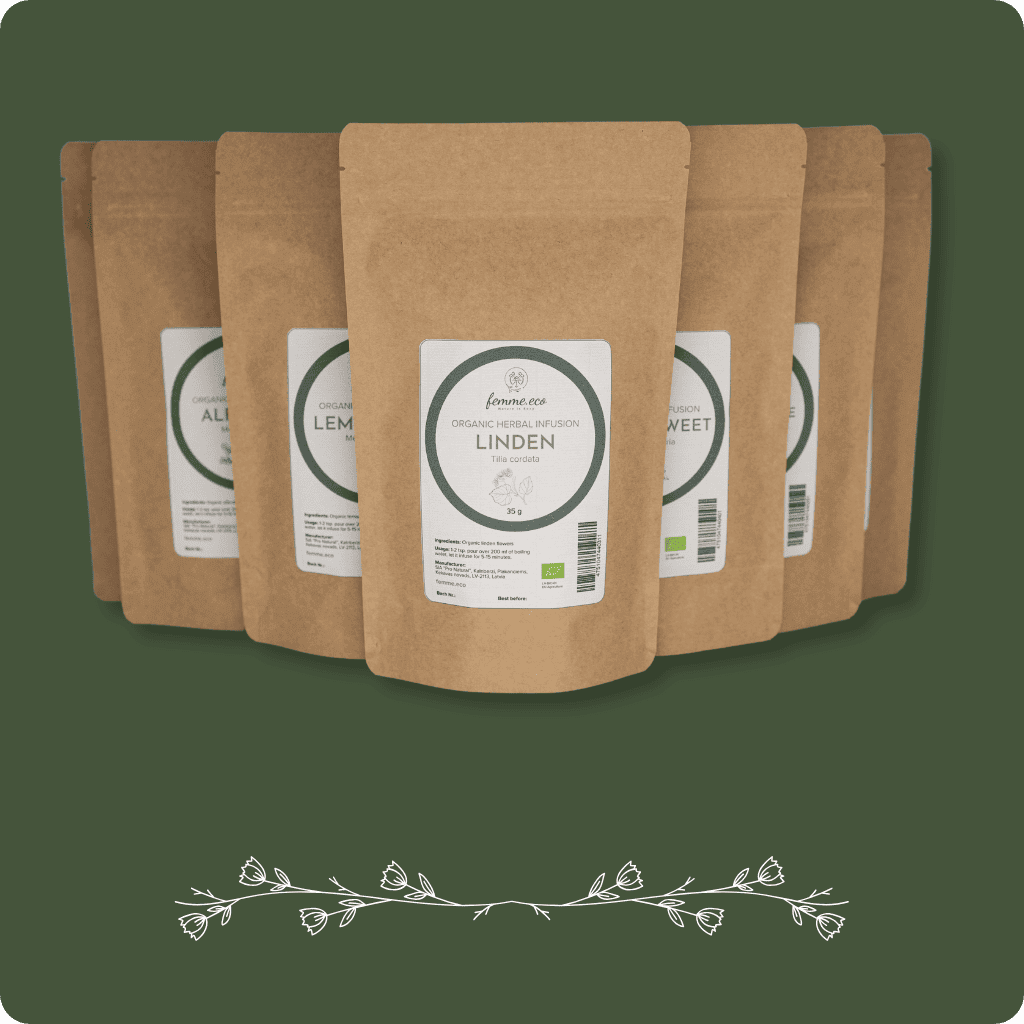Health claims
Definition, regulation and use of claims for herbal preparations

Health claims are claims that state or imply a link between a food or its ingredients and a beneficial effect on health. Health claims are an important factor in the choice of food products, as consumers pay attention to information about the positive health effects of a product. However, in order to prevent deception, the European Union (EU) has introduced strict regulations on the use of health claims.
The emergence and objectives of health claim regulation
Unfortunately, many consumers find it difficult to distinguish scientifically based products from those that appear, taking advantage of people's credulity and desire to quickly gain health or beauty, and therefore often succumb to deception. Since July 1, 2007, the Regulation of the European Parliament and of the Council on nutrition and health claims on products has entered into force in the EU. And thus, with the help of this regulation, stricter requirements were introduced for claims about the health effects of food products.
Its main objectives are:
Regulate the use of nutrition and health claims.
Eliminate differences in regulations between EU Member States to ensure a level playing field.
Help consumers choose products with nutritional and physiological benefits.
Types of health claims and their scientific basis
Health claims fall into three main groups:
Functional or general claims: describe the role of nutrients in body functions (e.g. vitamin A contributes to normal vision).
Reduced disease risk claims: indicate ingredients that significantly reduce the risk factors for specific diseases.
Claims concerning children's development and health: appropriate for products intended for children and based on specific scientific evidence.
Health claims for botanicals/herbal products
Claims for botanicals/herbal products that express the beneficial effects of plants or their constituents are complex to regulate, and most are currently "on hold" or under review. This means that they have not been officially approved due to a lack of sufficient scientific evidence or the need for further evaluation. However, under certain conditions, these claims may be used. The claim must be clearly stated on the packaging or in advertising that the claim is under review and has not yet been officially approved.
Conditions for the use of claims on herbal products
In order for health claims on herbal products to be used, the following conditions must be met:
Scientific substantiation: The claim must be based on evidence from human studies or other reliable sources (analysis of scientific literature, laboratory studies, results of laboratory tests, opinions of research institutes).
Clarity of the claim: It must be simple and understandable for the average consumer.
Regulatory restrictions: The claim must not attribute to the food the ability to treat, prevent or cure a disease. The claim must be clearly and unambiguously related to a physiological effect supported by scientific data.
Product quality and composition: The product to which the claim is attributed must be used in the form and dose proven in studies.
Approval process for health claims
- Whether the food or ingredient is sufficiently characterised.
- Whether the effect of the health claim is physiologically relevant.
- Whether the evidence is based on adequate human studies.




